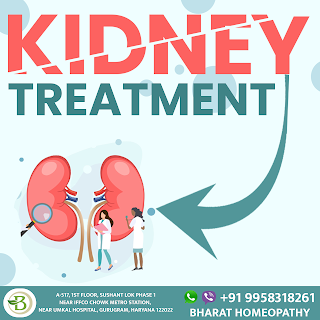Understanding the Effects and Treatment of Elevated Creatinine Levels
Creatinine is a waste product of the body that is created in the body due to the normal metabolism of muscles. It's formed by the breakdown of a chemical known as creatine phosphate. It is present in muscles that are used for the production of energy. Creatinine is the byproduct of this process, which is then transported into the bloodstream.
The kidneys play an essential function in removing creatinine from the bloodstream and removing it through urine. The concentration of creatinine found in blood may provide a measure of kidney functioning. If kidneys are working correctly, they effectively eliminate the creatinine and maintain normal creatinine levels in the blood. But, when the kidneys do not function well, the levels of creatinine within the blood could be elevated, signaling a decline in kidney function.
Creatinine measurements are commonly conducted to utilize regular blood tests for assessing kidney functioning. It's expressed in milligrams/deciliter (mg/dL) as well as micromoles per one liter (umol/L). The presence of high creatinine levels can indicate kidney damage or impairment in kidney function. Apart from kidney-related ailments various other variables like the size of muscles, age as well as certain medicines can impact the creatinine levels.
It is important to remember that the measurement of creatinine is a diagnostic test to diagnose kidney disease. Other Kidney function tests, for example, glomerular filter rate (eGFR) calculation, and urine tests, are generally done to provide a thorough analysis of kidney health. If you are concerned regarding your creatinine levels as well as kidney functioning, it's recommended that you consult with a Kidney specialist to ensure proper assessment and interpretation of your outcomes.
The presence of high levels of creatinine is an indication of kidney disease. If it is due to an issue with the kidney, individuals might experience these side effects of high creatinine levels which include:
Vomiting
Pain in chest
Muscle Cramps
Nausea
Fatigue
Urination frequency, appearance, and color altered
Itchiness
Fluid retention or swelling
High blood pressure
The presence of high levels of creatinine is a sign that kidneys aren't operating as they should. One of the possible explanations that this is the case include:
Kidney infections
Kidney stones block urine from flowing
Kidney failure
Glomerulonephritis: An inflammation of the blood-filtering kidney unit.
If you're suffering from elevated levels of creatinine, or any kidney-related health problem and connected symptoms, it is important to follow the steps and precautions to safeguard your kidney health. This includes:
Be a part of a healthy, balanced life.
Adjust your diet so that you don't put pressure on your kidneys.
Do not do a lot of exercise.
Do not take supplements containing creatinine.
Make sure you are taking the correct medications.
.png)



Comments
Post a Comment